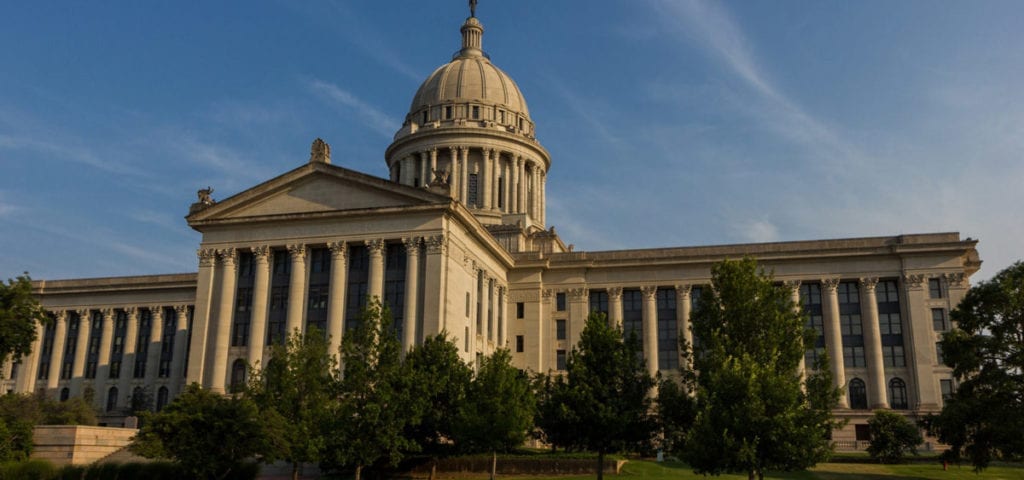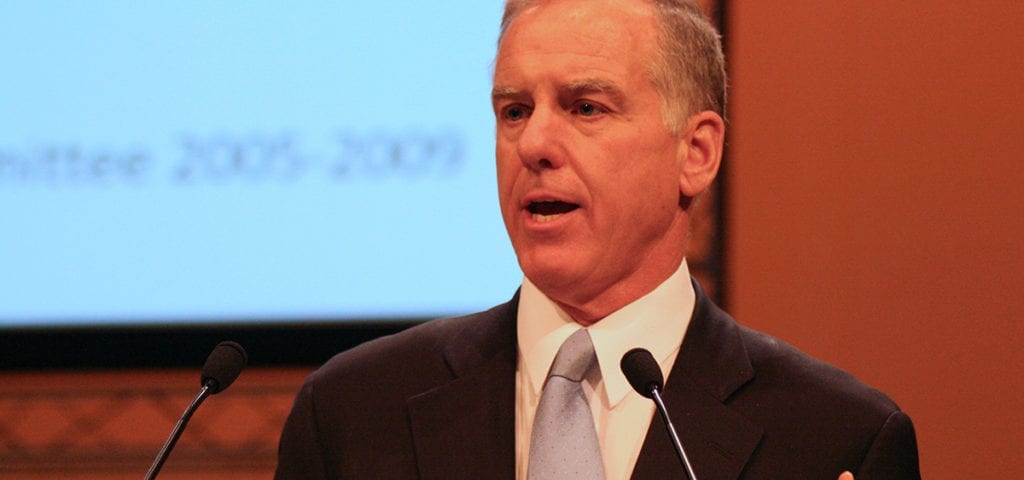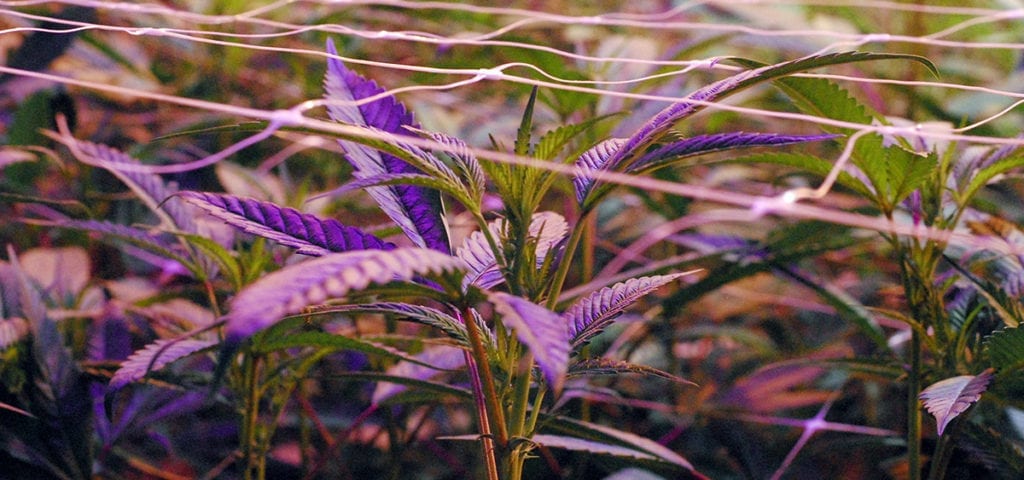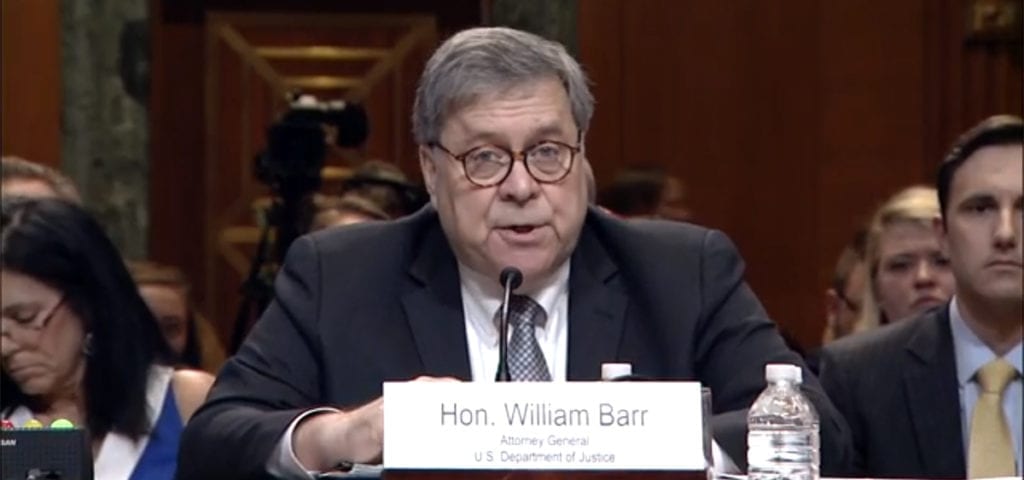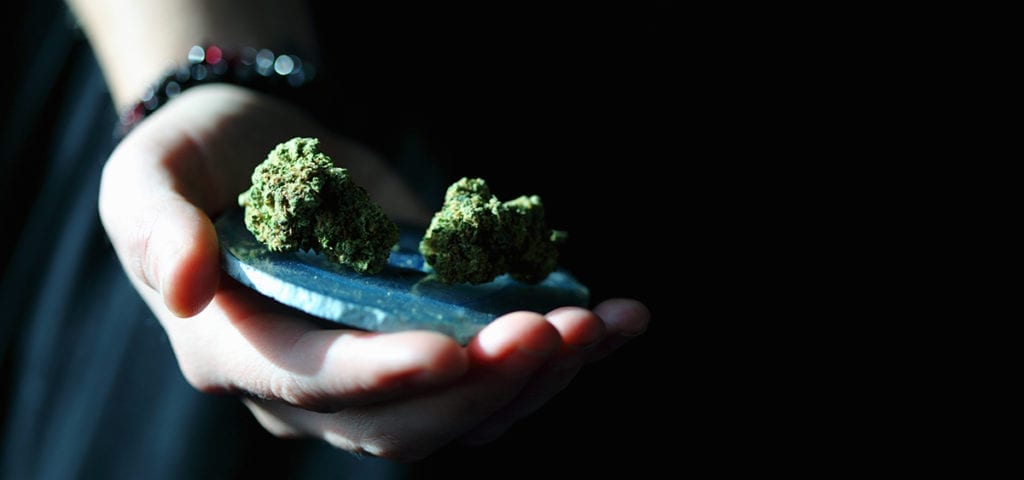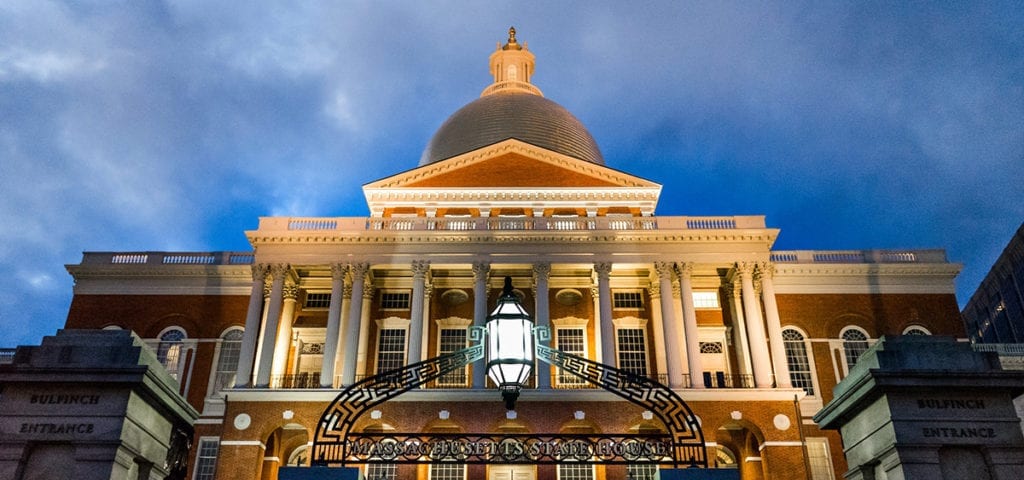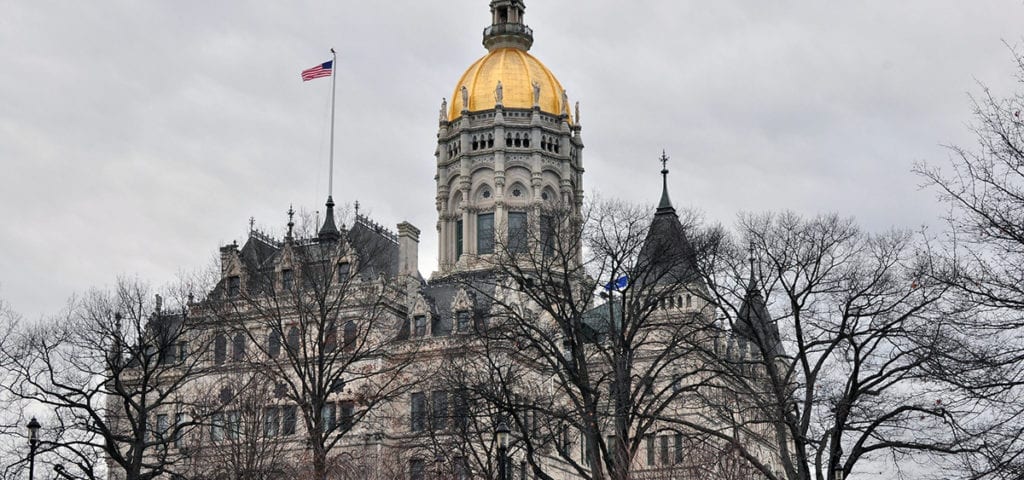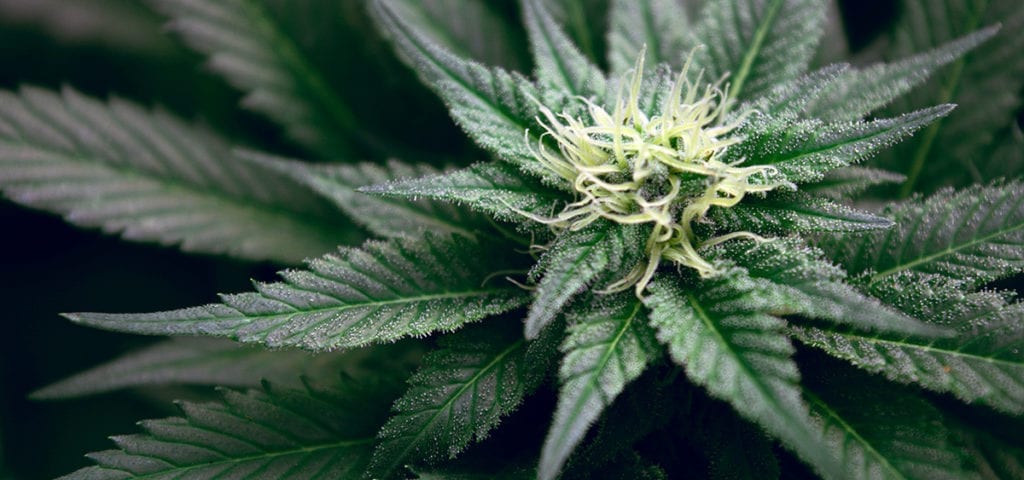British Columbians appear satisfied six months into Canadian cannabis legalization, as 64 percent of survey respondents had a favorable opinion of the reforms while just 29 percent disagree, according to a Research Co. report. Seven out of ten B.C. citizens aged 18-to-34 approved of legalization, including 72 percent of the residents in each Northern B.C. and Vancouver Island.
The majority surveyed, 79 percent, believed 19 to be the appropriate age to purchase cannabis and the same number supported restricting cannabis smoking to areas where tobacco smoking is currently allowed. Sixty-seven percent supported allowing adults to grow four plants per household and 67 percent believed the Liquor Distribution Branch is the right agency to distribute non-medical cannabis.
None of the respondents believed the nation should legalize other illicit substances such as ecstasy, heroin or fentanyl, powder or crack cocaine, or methamphetamine.
According to KamloopsMatters, in 2008 just 53 percent of British Columbians wanted to legalize cannabis for recreational use. Initially, the provincial government had expected to raise $200 million from recreational cannabis sales in the province over three years; however, following a slower-than-expected process to get shops open the government lowered their estimates to $68 million.
The Research Co. survey found 43 percent of respondents had used cannabis prior to legalization and 51 percent have never used cannabis in Canada at all.
End








